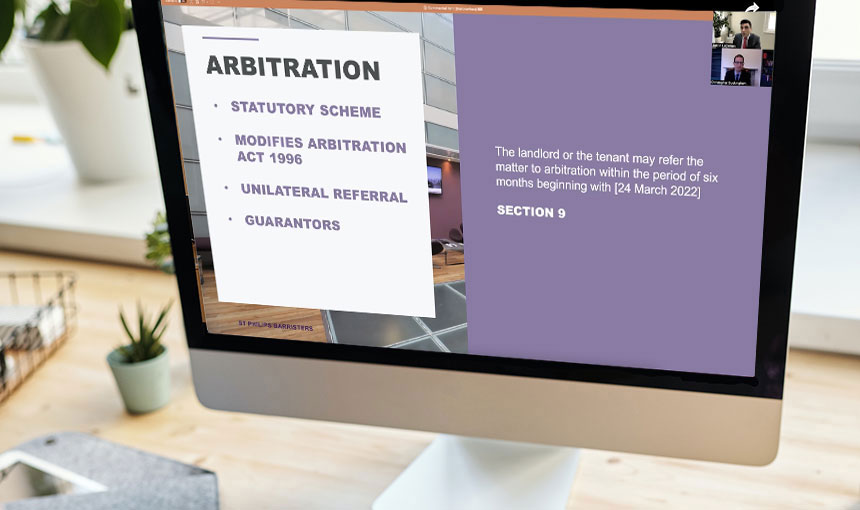Following our recent webinar on this subject with His Honour Judge Worster (Circuit Commercial Court Judge), Amanprit Kaur provides a summary of the key points arising from the recently published 11th editions of the Commercial Court Guide (CCG) and Circuit Commercial Court Guide (CCCG).
Key themes
In relation to procedure, the 11th Edition of the Guide provides guidance on:
- Practice Direction 51U disclosure pilot;
- The simplified procedure for less complex cases (introduced in November 2021);
- Practice Direction 57AC for the provisions relating to trial witness statements.
In relation to practice, the 11th Editions provide that:
- The default position is soft copy bundles are to be used in applications and trials; and
- Hearings listed for half a day or less will be conducted remotely. Parties should apply to the court for directions if they think it is better to conduct the hearing in an alternative mode and then the judge will make the final decision.
- New Forms relating to regional commercial courts and new standard directions for CCMCs to be found in the appendix to the new guide and for CMCs in the shorter trials scheme.
Which court and why?
- 1 of the CCCG Guide lists the disputes which are appropriate for the Circuit Commercial Court and the relevant factors, including value and factual or technical or legal expertise, to be considered.
- 5 of the CCG states not all cases are suitable for the Commercial Court, particularly all international road sea or air carriage cases because of their financial value and the legal technical issues that arise and should be commenced in the London Circuit Commercial Court.
- The Shorter Trials Scheme should be considered for cases that fall in the low hundred-thousand-pound bracket. It is a useful halfway house as such a case would be allocated to a specialist Judge for a 4-day trial.
Statements of Case
- Section C1.2 of the CCG – Statements of Case should not exceed 25 pages and should never exceed 45 pages without an application to the court.
- A draft statement of case is no longer required when asking for the court for permission to file a longer pleading.
Proof of foreign law
- H3 of the CCG provides a menu of options starting with expert reports, meetings, and oral evidence through to judicial notice or acceptance of the agreement between the parties of the sources of foreign law.
Case management in the Circuit Commercial Court Guide
- Section D – CCMCs should be applied for within 7 days of the close of pleadings.
Miscellaneous points for applications and hearings
- CCG at F5.5 sets out the maximum hearing times. Requests for a longer hearing time must be made by a written application and if possible, agreed with the opposing party.
- Telephone hearings to be listed for allocation hearings, interim applications, case management conferences and pre-trial reviews for one hour. Exceptions include if an application is without notice, one party is unrepresented, or more than four parties wish to make representations. Otherwise, a written application is required for a different mode no less than 7 days before the hearing.
- CCG encourages the use of junior advocates:
- Section D7.1 of the CCG – in cases where senior advocates are required, at least some of the case management matters could be dealt with by junior advocates.
- Section E1.4 – it may be appropriate and helpful for arguments to be prepared on disclosure issues by junior advocates.
- Section J13.3 – it may be appropriate that oral argument about costs or consequential matters be undertaken by juniors.
“Negotiated” as opposed to “Alternative” Dispute Resolution
- Change of wording from “alternative” to “negotiated” demonstrating courts will expect parties to negotiate dispute resolution as opposed to it being an alternative. Early Neutral Evaluation is a tool in that armoury and could prove useful for the right sorts of cases.
Court users are invited to two meetings to ask any questions about the new guides. The first talk is to be scheduled around Easter time with the second talk following in October.
A recording of the original webinar on this topic featuring His Honour Judge Worster (Circuit Commercial Court Judge), James Morgan QC, Mark Grant and Theodora Hand and can be found on our St Philips YouTube Channel, or by clicking here.






